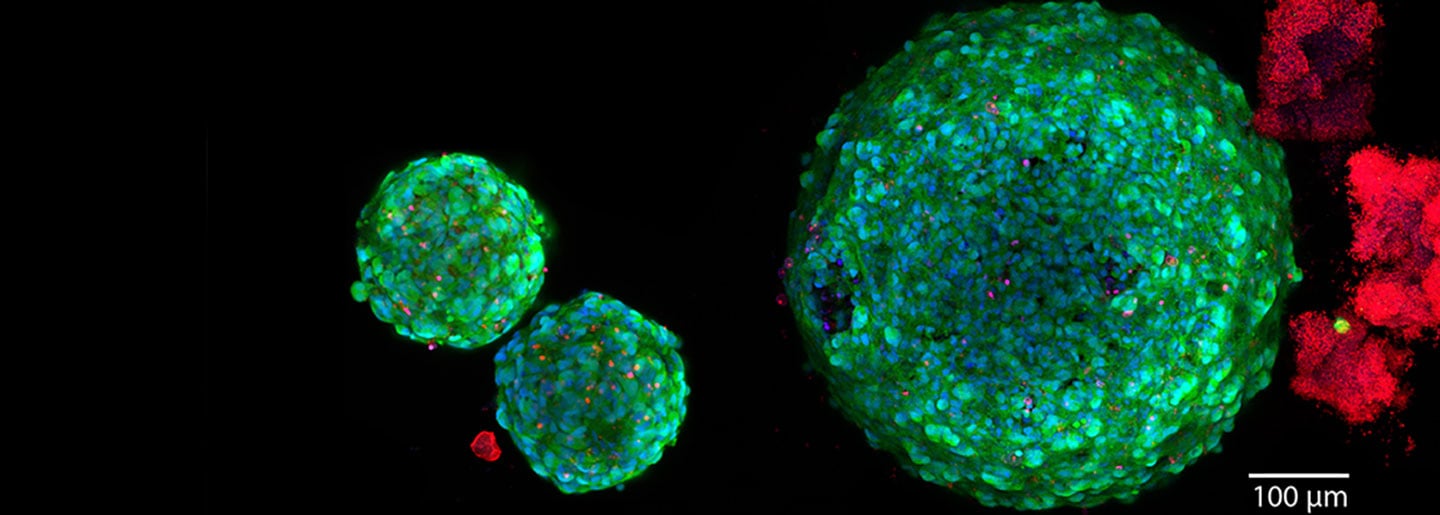
Advancements in Pancreatic Cancer Vaccines: A New Frontier in Immunotherapy Treatment
Pancreatic cancer, known for its aggressiveness and limited treatment options, presents a daunting challenge to both patients and medical professionals. However, recent developments in immunotherapy, particularly in the realm of pancreatic cancer vaccines, offer immense promise. These innovative approaches harness the body's immune system to target and combat pancreatic tumors, opening new avenues for treatment.
Immunotherapy: Revolutionizing Cancer Treatment
Immunotherapy stands as a groundbreaking approach to cancer treatment, leveraging the body's immune system to fight cancer cells. While initially applied to various cancers, including melanoma and lung cancer, recent advancements have extended its reach to pancreatic cancer. This is particularly significant given the challenges posed by pancreatic tumors, often diagnosed at advanced stages and resistant to conventional therapies.
Recent Developments in Pancreatic Cancer Vaccines
Recent years have witnessed notable progress in the development of pancreatic cancer vaccines, offering tailored solutions to combat this formidable disease:
1. Messenger RNA (mRNA) Vaccines: These vaccines, known for their success in COVID-19 vaccination, are now being adapted to target specific antigens found on pancreatic tumor cells, enhancing the immune system's ability to recognize and attack them.
This clinical trial is open at Moffitt: A Phase 1, Open-Label, Multicenter Study to Assess the Safety, Tolerability, and Immunogenicity of mRNA-4157 Alone in Subjects with Resected Solid Tumors and in Combination with Pembrolizumab in Subjects with Unresectable Solid Tumors

2. Personalized Cancer Vaccines: Tailored to each patient's unique genetic and molecular profile, personalized vaccines empower the immune system to identify and destroy individual pancreatic tumor cells effectively.
3. GVAX Pancreatic Cancer Vaccine: Developed by Aduro Biotech, this vaccine utilizes irradiated pancreatic tumor cells engineered to produce immune-stimulating proteins, showing promise in slowing cancer progression and improving outcomes in clinical trials.
4. Peptide-Based Vaccines: Derived from proteins found in pancreatic cancer cells, these vaccines stimulate an immune response, demonstrating encouraging results in reducing tumor growth in early clinical trials.
5. Combination Therapies: Ongoing research explores combining pancreatic cancer vaccines with other immunotherapies, chemotherapy, or targeted therapies to enhance immune response and treatment outcomes.
Despite these advancements, challenges persist in optimizing the efficacy of pancreatic cancer vaccines. Overcoming the suppressive microenvironment created by pancreatic tumors remains a hurdle, prompting ongoing research into immune system reprogramming and combination therapies. Additionally, identifying the ideal patient population for vaccine treatment is crucial for maximizing benefits.
Benefitting from Specialized Care at Moffitt Cancer Center
Moffitt Cancer Center stands at the forefront of pancreatic cancer research and treatment. Patients receive world-class care, access to cutting-edge clinical trials and expert guidance from Moffitt's multidisciplinary team specializing in gastrointestinal oncology. Choosing a nationally recognized cancer center like Moffitt ensures patients receive the latest advancements and personalized care tailored to their needs.
The landscape of pancreatic cancer treatment is evolving, driven by innovative approaches such as immunotherapy and pancreatic cancer vaccines. While challenges remain, recent developments offer renewed hope for patients facing this formidable disease. Through ongoing research, collaboration and specialized care, the journey towards improved outcomes and better quality of life for pancreatic cancer patients continues.
If you’d like to refer a patient to Moffitt, complete our online form or contact a physician liaison for assistance. As part of our efforts to shorten referral times as much as possible, online referrals are typically responded to within 24 - 48 hours.
2024 Cell Coast Conference
October 25-27, 2024 - St. Pete Beach, FL
Join us for an exclusive summit featuring updates and breakthroughs in research and treatment in the cell therapies space from global thought leaders.
Event Details

